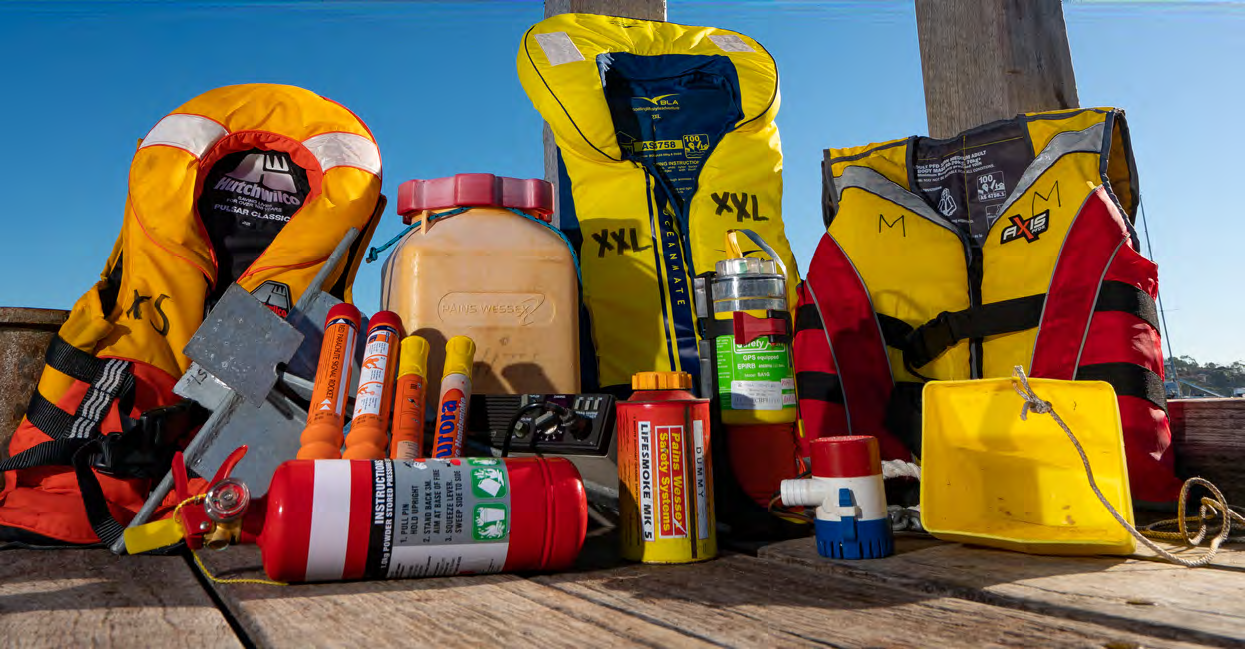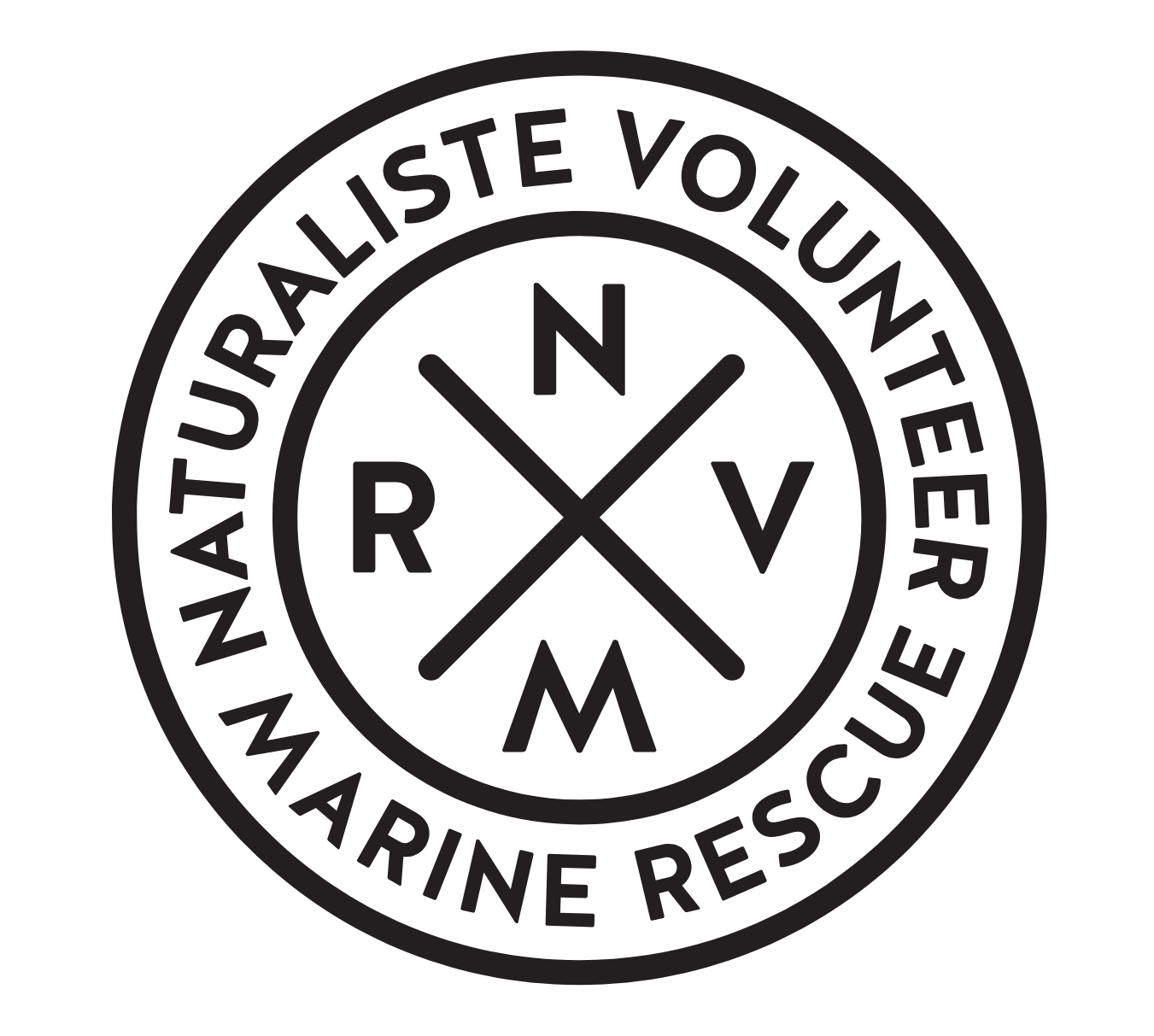Boating Safety.
Simple, Actionable Pointers.
You’re Responsible.
Your safety is your responsibility so check your vessel before launching
Equipment & Coms.
Carry the correct safety equipment, log on and log off, and then enjoy your time on the water.
Preparation.
Check the marine weather before heading out, check the drain plugs/bungs, fuel, and battery charge.

Safety Equipment
- Life vests – one for each person
- Two orange smoke flares
- EPIRB Emergency Beacon
- Marine VHF radio
- Anchor
- Analog compass
- Maps and charts
- Bottled water
- Fire extinguisher
- First aid kit
- Bailing bucket & Bildge pump
- Oars and floating waterproof torches are also suggested.
Making a Distress (Mayday) Call
A mayday call can only be used if the boat is in grave and imminent danger and immediate assistance is required. A mayday call on one of the distress channels 16, 22, and 80 will attract the attention of land-based radio stations and other vessels in your area.
Stay calm, and explain your information clearly using the 3 P’s
- Position
- Problem, and number of
- People on board.
Mayday Call Procedure:
- “Mayday, mayday, mayday, this is: (vessel registration)” spoken 3 times.
- “My position is…”Give details of your position.
- “My problem is…”Give nature of distress.
- “I have # of people onboard” (number of people).
Making an Urgent (Pan Pan) Call
A pan pan urgency should only be used when the mayday distress call cannot be justified but there is an urgent message to transmit concerning the safety of the vessel or the safety of a person. For example, a mechanical breakdown, a medical emergency or a man overboard.
Pan Pan Call Procedure:
- “pan pan, pan pan, pan pan, all stations, all stations, all stations”
- “This is (vessel registration),” spoken 3 times.
- “My position is…details of your position, I require” (provide details) of assistance required and other information.
Pan pan urgency calls can be made on a distress frequency or any other frequency likely to attract attention.
Flare Requirements
All vessels operating outside protected water must carry up-to-date flares. The type you need depends on how far offshore you travel:
1. Inshore
Within 5 nautical miles from the mainland or within one nautical mile from an island situated more than 5 nautical miles from the mainland.
You are required to carry
- 2 hand-held orange smoke flares or
- 1 orange smoke canister and
1 hand-held red flare - or 2 parachute flares.
2. Offshore
More than 5 nautical miles from the mainland or more than one nautical mile from an island situated more than 5 nautical miles from the mainland.
You are required to carry
- 2 hand-held orange smoke flares or
1 orange smoke canister and - 2 parachute flares.
Flares are best used when you believe there is a chance of being seen. The firing instructions are always printed on the flare, so become familiar with your flare methods.
Be careful: hand-held flares burn very hot and may spill glowing embers. Hold them downwind so the embers do not spill into the vessel and tilt the flare to avoid being burnt.

Group Training
We regularly run refresher training courses for our members. If you’d like to attend any Marine Safety courses, simply reach out for times and dates, or become a member for regular happenings around the club.
